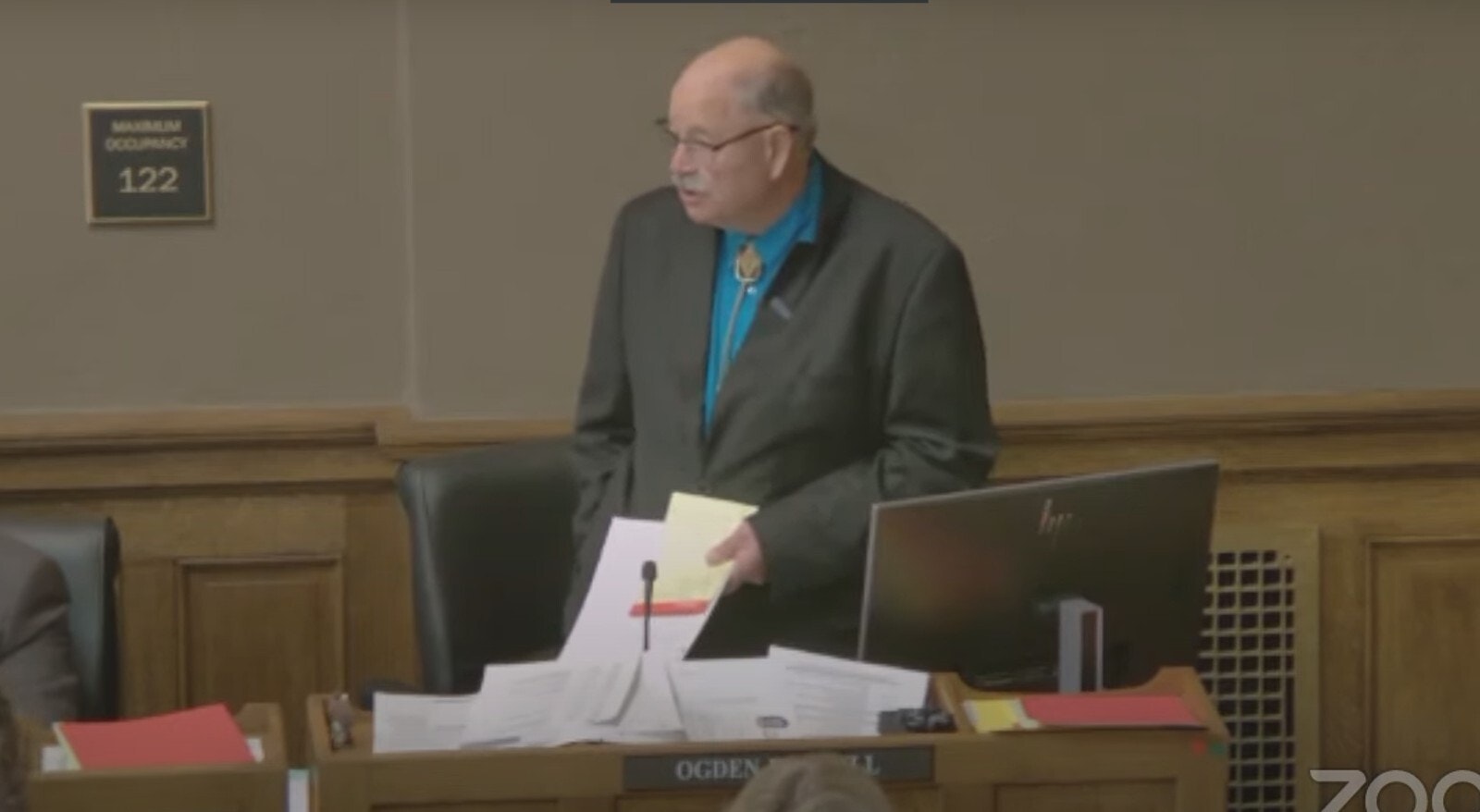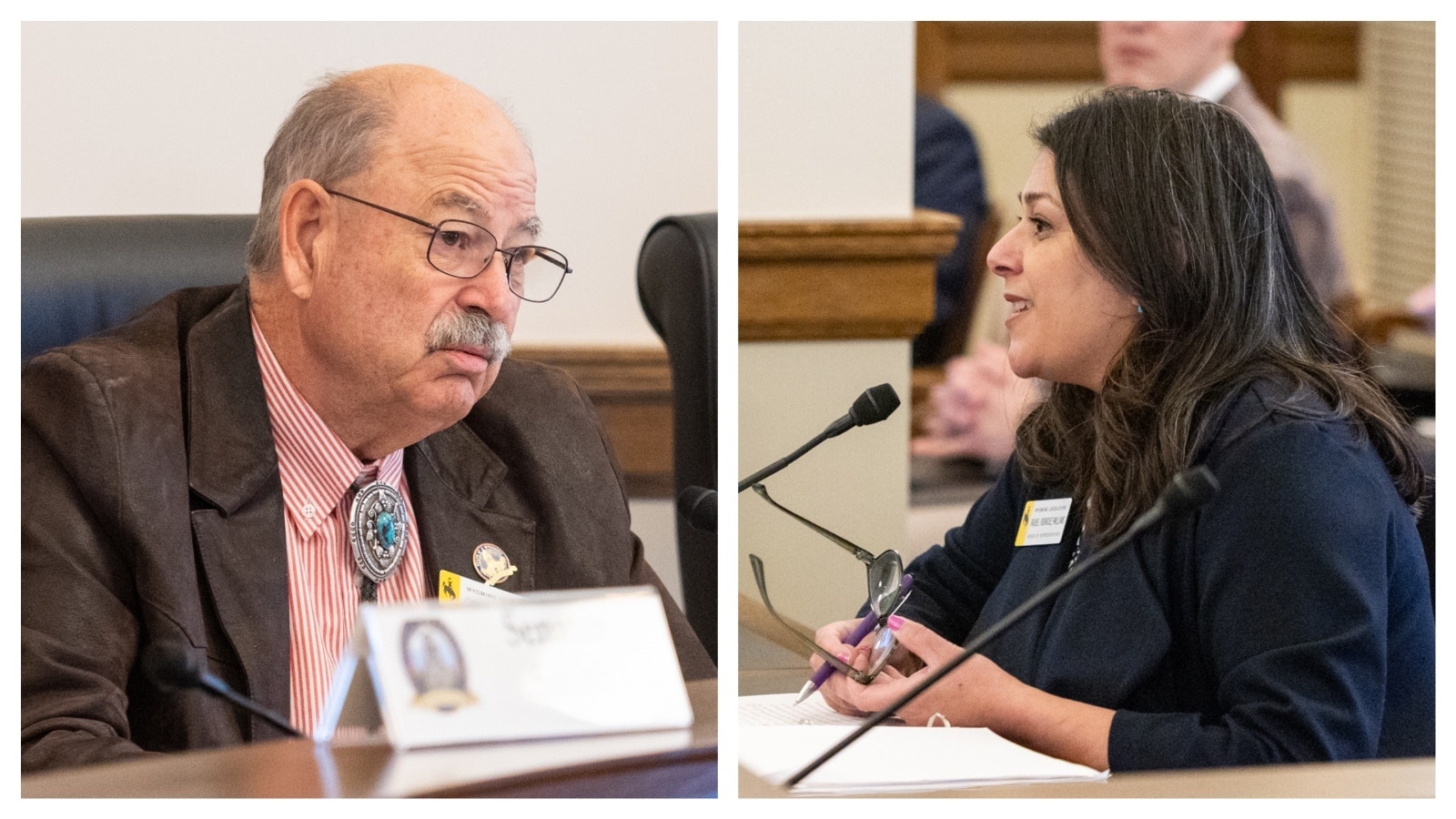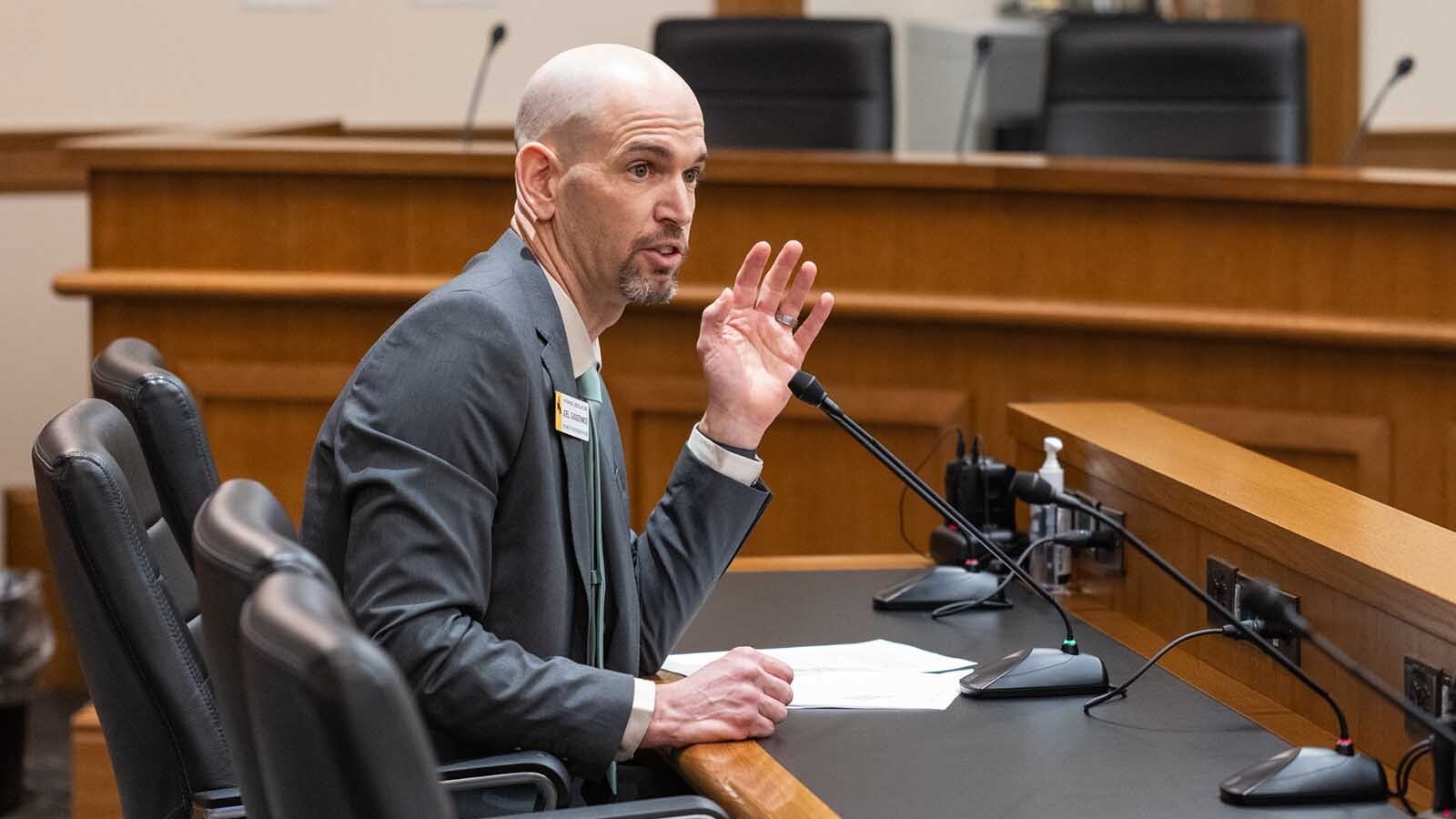A bill designed to combat the teaching of critical race theory in state schools was introduced in the Senate on Friday, less than a day after the Wyoming House of Representatives rejected a bill that would have banned instruction on the topic entirely.
Twenty-four senators voted to introduce SF162 on Friday, while five voted not to do so. It will be sent the Senate Education Committee for further review.
“This bill has been portrayed as a huge bill, and it’s actually a pretty simple little bill,” co-sponsor Sen. Ogden Driskill said on Friday. “It does something we all look for all the time in this body, which is transparency and accountability.”
The legislation would require a publication of all instructional materials used by K-12 public schools in the state and modify the requirements for instruction of state and federal constitutions.
The bill is less direct in its approach to critical race theory than House Bill 97, which would have prohibited teachers from using public money for “for instruction that presents any form of blame or judgment on the basis of race, ethnicity, sex, color or national origin.”
HB97 was denied introduction on a vote of 35-24. As a non-budget bill offered during a budget session, two-thirds of the House, 40 members, had to approve of its introduction for it to progress.
The main sponsor for HB97, Rep. Chuck Gray, R-Casper, said the bill was mischaracterized by critics during House debate as requiring a “neutral” approach to the teaching of history.
In fact, the bill allows the “discussion of otherwise controversial aspects of history” as long as lessons present “a complete and accurate perspective of the subject matter …”
Critical race theory is described by some as proposing that racism is a social construct ingrained in American life and laws.
Rather than an outright ban on critical race theory, Driskill said SF162 would require schools to post an online description of materials are being used to teach.
“It doesn’t say what they can use for materials, all it says is they have to put them online so parents and certain citizens can look at them and see what we’re doing,” Driskill said. “Controversial materials are really a good thing in our youth, as long as they’re balanced and they get a chance to see both sides.”
Driskill said he knew a balanced approach was not always possible, but that learning about controversial subjects and opposing viewpoints made for well-rounded adults.
He also pointed out that no teachers would be penalized for not putting their materials online and that he did not want to impact teachers’ ability to teach. Rather, he just wanted educators to be transparent about what they were using to educate children.
The Civics Transparency Act was actually proposed last fall by Driskill and Sen. Dan Dockstader, R-Afton. It was also endorsed by former Superintendent of Public Instruction Jillian Balow.
Gray said he has not yet closely reviewed SF62.
“The other bill is over in the Senate, we’ll see what they send over to us,” he said.
Last year, the U.S. Department of Education proposed guidelines for American history and civics education grant programs which encourage schools to use curriculum related to the New York Times’ 1619 Project (a journalism project that focuses on the consequences of slavery and contributions of Black Americans), critical race theory and the work of anti-racism activist and author Ibram X. Kendi.





